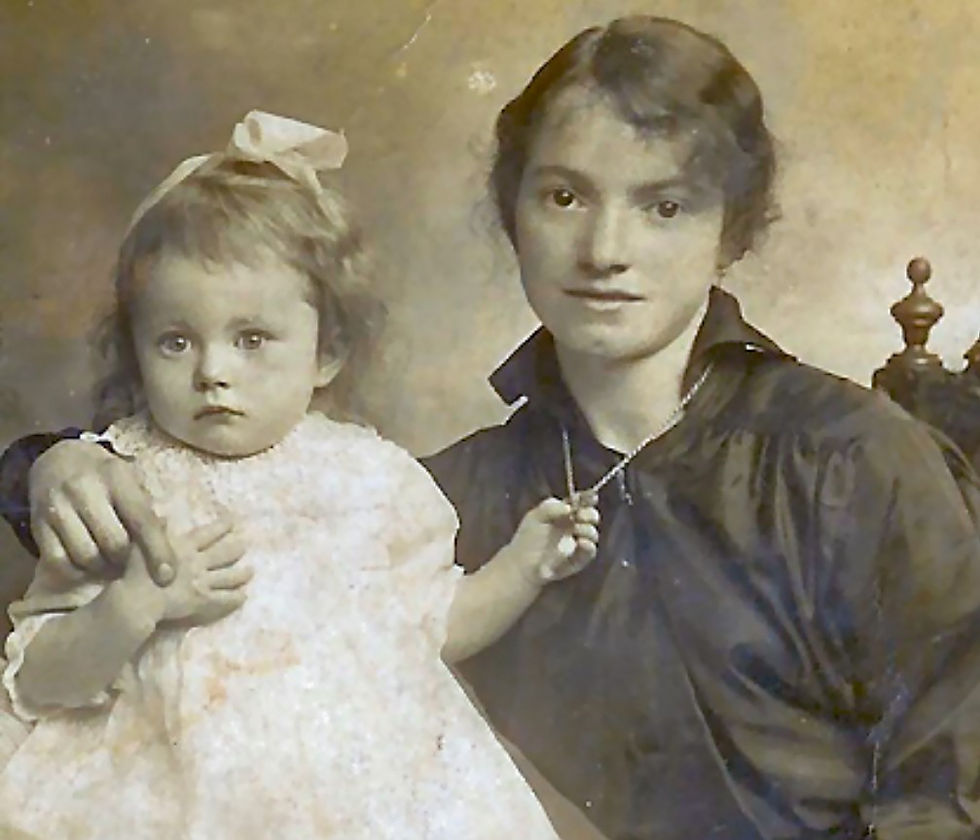The Lions of Plug Street
- Claire Jordan
- Apr 18, 2022
- 4 min read

These are the formidable Plug Street lions.
They guard the 11392 names etched forever into the #CWGC’s beautiful Ploegsteert Memorial to the Missing in Belgium.
It’s weirdly hard to take a photograph of the Memorial or its leonine guardians which do them justice, but maybe that is how it should be; it’s also hard to find the words to adequately tell of the men whose memories they guard or the women who loved them.
One of these names belongs to Frank Booth, a bank clerk from Birkenhead, one of the youngest of his widowed Mum Martha’s nine children, who stayed on living at home with Mum to look after her after his brothers Hubert, John & Walter and sisters Florence, Clara, Gertie, Amy and Mabel had flown the nest.
Frank was called up on this day, 30th March 1916 and decided that before he embarked for the Front with the 10th Cheshires, he would marry his girl, the mellifluous Miss Edith Emma Rugg.
She was the daughter of a Liverpudlian coachman and had been working for some time as a housemaid to a Birkenhead businessman in Fox Street, hardly a mile from Frank’s South Midlands Bank premises.
Perhaps one summer’s day, Edith caught Frank’s eye as he ate his sandwiches in the park which borders Fox Street, while she hurried about determinedly on errands for the mistress.
However they met, Frank was determined to make Edith his own Mrs Booth, so that if anything happened to him, she would have the benefit of a widow’s pension from the Army.
They didn’t have very long as man and wife. They were married on the Glorious 12th August 1916 – trying perhaps to block out the shadows cast by newspapers awash with terrible Somme casualty lists - and the uniformed groom landed in France three weeks later, on 7th September.
He did not, alas, leave Edith expecting, and they would not see each other again.
Frank was at War for exactly a year.
On 17th February 1917 which is remembered by the Cheshire Regiment as Meanee Day, in remembrance of a battle in which they fought that day in India in 1843, Frank is not far from Ploegsteert, and his big moment arrives.
He goes into action with A Company.
“At 10.40am,” says 10th Cheshires’ war diary, “one Officer & 65 Other Ranks from A, C & D Companies under Captain I.S. Appleton successfully raided the enemy trenches north of Tractor Farm… inflicting heavy casualties upon the enemy.
Many dugouts were bombed. Bomb dumps and trench materials destroyed. Ten prisoners were taken, however 8 of this number were caught by their own machine-gun fire and killed crossing No Man’s Land to our line.”
The raid was considered a great success, but as it progressed, Edith’s Frank was wounded and taken prisoner by the enemy.
He was transported back to Germany, unbeknown to his Regiment, and held out for six weeks at (I think) the Langensalza POW Camp in Thuringen, central Germany, a distance of more than 680km from where he was wounded.
Somehow, he was left off casualty lists, nobody wrote down how he was wounded or how he died and nobody seems to have told the Red Cross he was POW at all, which was what both sides usually did.
All Edith knew for a long time was that he had been posted Missing after 17th February.
She gave it five months and then could wait no longer, writing on 20th July (as her first wedding anniversary approached) to the Red Cross’s Wounded and Missing Enquiries Bureau, which sent out teams of Searchers into hospitals and camps with lists of soldiers whose loved ones back home had asked the Red Cross to try and find news of them.
Enquiries were made and Frank Booth was found to have died as a Prisoner of War way back on 31st March.
He reportedly left personal effects, but it is not recorded whether or not Edith ever received them back. It would seem unlikely, given that the location of the place where the Germans buried him was also lost. Diligent Frank, whose job it had been to keep faultless records of every penny which crossed his desk at the bank at home in Birkenhead, had himself fallen through the cracks.
That is why Frank has no known grave and is one of the names guarded by the Plug Street lions back where he fought and fell in Belgium.
When she knew the worst, Edith went home to Hill Bank Lodge in a pretty village just outside Birkenhead, to live with her Mum and now retired Dad, and her two younger sisters dressmakers Connie and Annie.
I hope back with her family there she managed to find some sort of peace and that one day, she came to see her husband’s name on the Memorial after it was unveiled in 1931.
I hope too that she reached up to pat the gigantic stone paws of the Portland lions on a sunshiny spring day and felt some comfort in the idea that she was leaving Frank’s name in their fierce care.







Comments